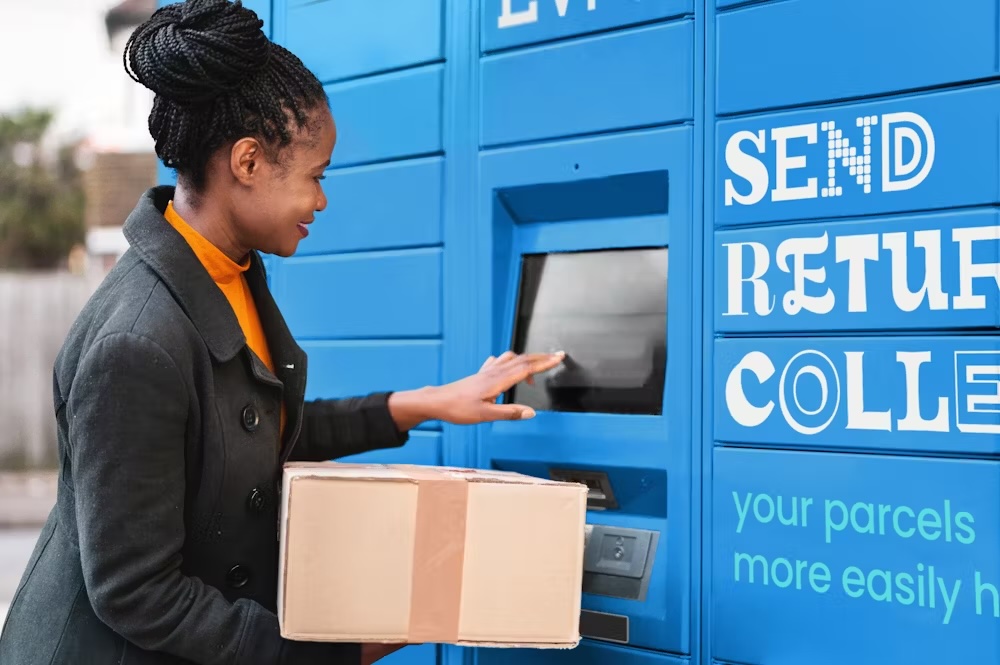Retailers must develop emotional intelligence to win over new generation of online shoppers, a new study suggests.
Payment company Klarna questioned 2,000 UK consumers, in a survey carried out by Censuswide, and found that members of the millennial generation, aged between 16 and 34, were three times more likely to feel excitement while adding items to their online basket, compared to older shoppers. Millennials are also more likely (68%) than shoppers aged 55 and over (24%) to feel anxiety and guilt at the point of payment.
Klarna suggests that allowing shoppers to try before they buy would be an easy way to build brand loyalty. Deferred payment options would also reduce anxiety among 20% of millenials, making one in five more likely to finish their purchase.
The consumer research judges a myth the idea that items added to a basket show a clear intention to purchase. It found that a significant 89% of millennials used the basket as a tool to review costs, while more than three quarters used their basket as a wishlist, compared with only 29% of over-55s. Meanwhile, nearly three quarters (74%) admit to “buzz browsing” – adding items to a basket with no clear intention to buy.
The study also found that 58% of millennials are more likely to complete a purchase if an online offer is going to expire, so tapping into this fear of missing out by offering time-limited incentives and educating shoppers about pay after delivery or consumer finance options can mean customers complete their purchase. Showing stock levels and displaying expert advice from social influencers can all help retailers nudge this important group of consumers to checkout.
Luke Griffiths, UK general manager at Klarna, said: “Our insight proves that the online customer journey is more complex than ever, with shoppers being driven by emotional factors. Retailers must develop EQ to deliver a positive online customer experience that smooths the highs and lows.
“Payment is still a sticking point for many consumers – with one in four feeling frustrated when the checkout doesn’t remember their details and one in four millennials saying that they are more likely to complete a purchase if one click payments are in place. Competition in the marketplace is fierce, winners will be retailers that build shopper affinity by offering a fast, easy checkout with flexible payment options.”
New analysis by the University of Reading, commissioned by Klarna, offers advice for retailers on how to engage hearts as well as minds to reach today’s online shopper, while offering academic insight into future commerce trends.
Dr Julia Vogt, assistant professor in psychology at the University of Reading, said: “Applying behavioural psychology can help us understand what consumers love and hate about online shopping. Emotional factors can cause hesitation in the process which can derail a purchase right up until the final payment. By understanding the role of heart as well as the head, retailers can create effective customer engagement strategies to nudge consumers to conversion.”








